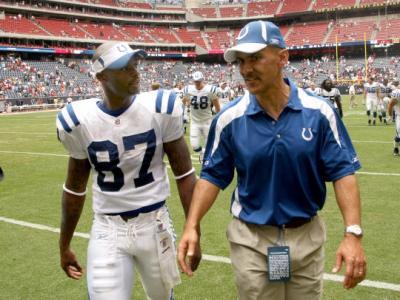‘Rooney Rule’ Still A Necessity
New York Giants defensive coordinator Perry Fewell was the “it” black candidate this off-season when it came to NFL head-coaching vacancies. Fewell interviewed for the top job with the Carolina Panthers, Denver Broncos and Cleveland Browns, all of whom hired someone else. His full slate was due to two factors, his status as a highly regarded coordinator and the NFL’s “Rooney Rule,” which requires teams to consider minority candidates for head coach and general manager openings.
Established in 2003, the rule has been wildly successful. Former Indianapolis Colts head coach Tony Dungy was the only black coach when it began; now there are eight minority coaches. This off-season marks the first time that three minority coaches were picked in the hiring cycle (Minnesota’s Leslie Frazier, Carolina’s Ron Rivera and Oakland’s Hue Jackson), and the first time that the majority of head coach job openings (three out of five) were filled by minorities.
Yet, there are those who question the policy’s effectiveness, while others conclude that it has run its course. Skeptics and critics complain that coaches are granted “token interviews” to fulfill the mandate, when teams know all along they plan to hire someone else. Another common argument is that the rule served its purpose and is no longer necessary, because teams will now naturally consider minority candidates without being forced.
Attorney Cyrus Mehri scoffs at both notions. “We have not reached the promised land,” says Mehri, who teamed with the late Johnnie Cochran to put the policy in place. “There’s a lot of hard work to be done, and it’s an uphill battle every hiring cycle. We’re still trying to open people’s minds. We’re in the process of changing the hearts and minds of NFL owners and, in turn, trying to open the hearts and minds of America.”
 Follow
Follow

